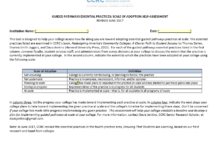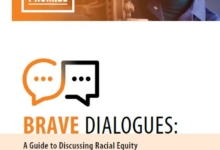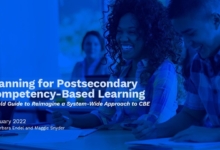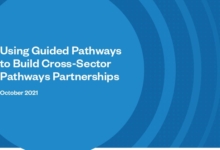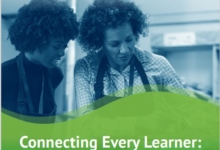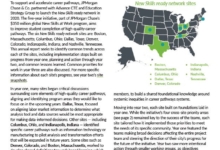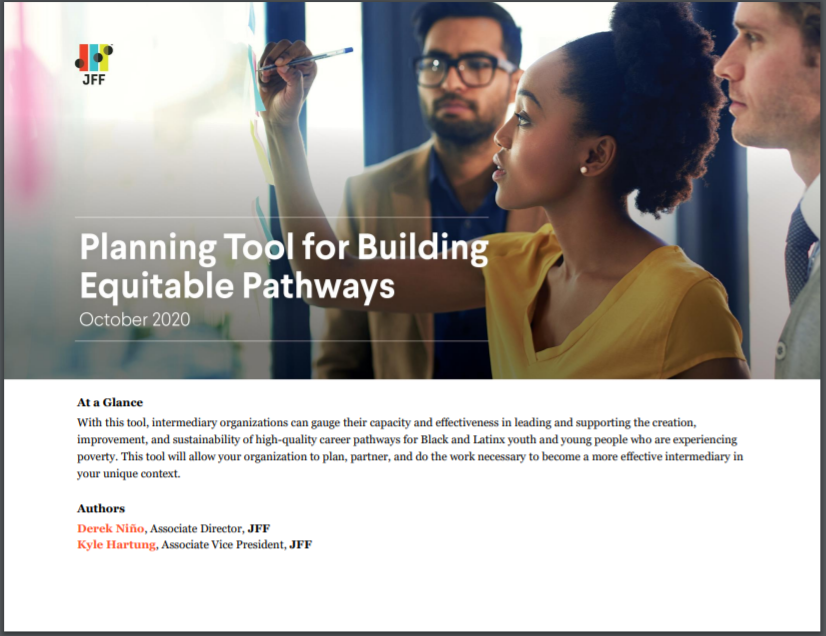This resource from JFF is designed to support intermediary organizations in gauging their capacity and effectiveness in leading and supporting the creation, improvement and sustainability of high-quality career pathways for learners who are Black, Latinx and/or experiencing poverty. The tool is based on a set of six guiding hypotheses that outline what makes an intermediary effective at facilitating college and career pathways:
- Strong partnership and alignment with local K-12 schools and districts;
- Strong partnership and alignment with local postsecondary institutions;
- Articulated paths aligned to local labor market demands;
- Strong partnership with the local employer community to advance opportunities for work-based learning;
- Sustainable business model; and
- Policy agenda and supporting strategies.
Leaders of intermediary organizations can reflect on the indicators related to each of the six hypotheses for the creation of high-quality pathways and consider how they function across all aspects of the organization’s work.

